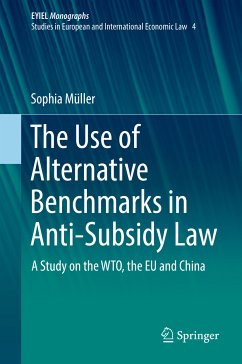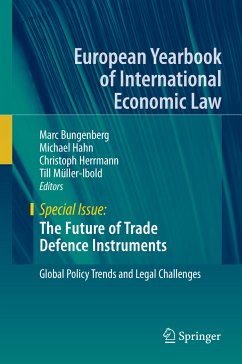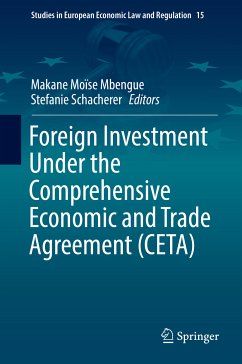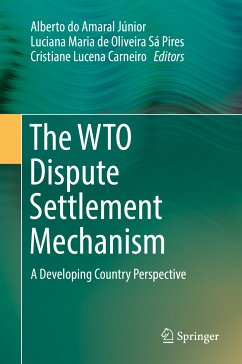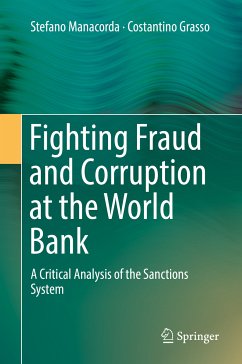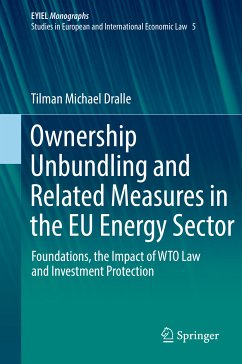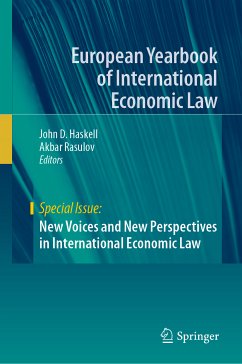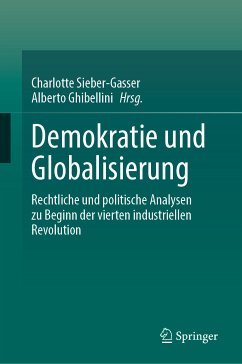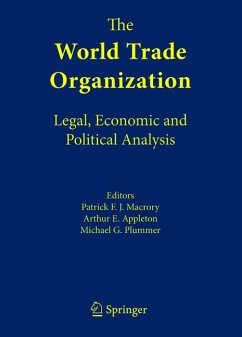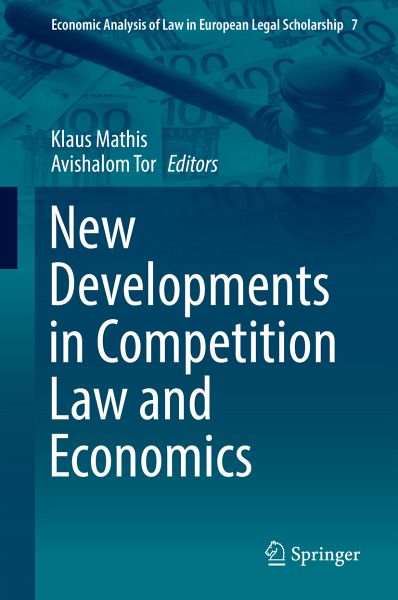
New Developments in Competition Law and Economics (eBook, PDF)
Versandkostenfrei!
Sofort per Download lieferbar
128,95 €
inkl. MwSt.
Weitere Ausgaben:

PAYBACK Punkte
64 °P sammeln!
This book further develops both the traditional and the behavioural approach to competition law, and applies these approaches to a variety of timely issues. It discusses several fundamental questions regarding competition law and economics, and explores the applications of competition law and economics. In turn, the book analyses the interplay of intellectual property rights and patents in various aspects of competition law, and investigates the impacts that developments in information technology, such as big data analytics, have on competition law. The book also discusses the impact of energy...
This book further develops both the traditional and the behavioural approach to competition law, and applies these approaches to a variety of timely issues. It discusses several fundamental questions regarding competition law and economics, and explores the applications of competition law and economics. In turn, the book analyses the interplay of intellectual property rights and patents in various aspects of competition law, and investigates the impacts that developments in information technology, such as big data analytics, have on competition law. The book also discusses the impact of energy law reforms on energy markets from a competition law perspective.
Competition law is a classic field of economic analysis. This is largely due to the fact that competition law uses terms such as market, price, and competition and must therefore rely on economic know-how and analyses. In the United States, economic analysis has greatly influenced not just the scholarship on antitrust law, but also judicial decisions and agency enforcement. Antitrust law and economics are based on the traditional paradigm of neoclassical economics, which relies on the assumption that the market players, i.e. consumers and producers, are rational. This approach to competition law was later received in Europe under the banner of a "more economic approach".
For the past two decades, behavioural law and economics, which seeks to generate better insights into legal phenomena by providing more realistic psychological foundations for economic models, and to offer a multitude of applications in legislation and legal adjudication, has challenged the traditional economic approach to law in general and, more recently, to competition law specifically.
Dieser Download kann aus rechtlichen Gründen nur mit Rechnungsadresse in A, B, BG, CY, CZ, D, DK, EW, E, FIN, F, GR, HR, H, IRL, I, LT, L, LR, M, NL, PL, P, R, S, SLO, SK ausgeliefert werden.




